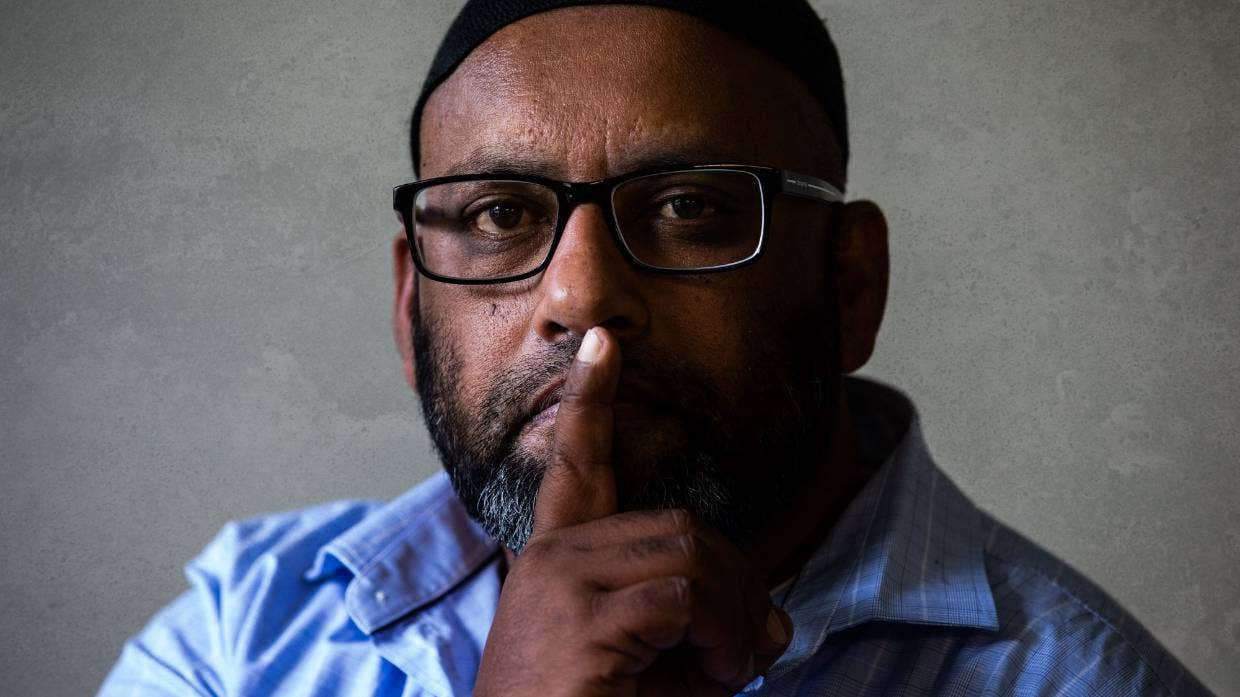
This month police revealed they were already “working actively” to better track crimes motivated by hatred, but details about how or when changes would take place remain unclear.
The Ministry of Justice has looked at relevant aspects of the Human Rights Act, the Harmful Digital Communications Act, and sections of the Crimes Act to see what laws needed to be changed or added.
It also consulted with affected communities and reported back to Little before Christmas, with the expectation that an announcement would be made shortly after.
Ministry of Justice chief executive Andrew Kibblewhite said hate speech was a “tricky thing” to navigate.
The Human Rights Commission had led some of the work with the ministry as they wanted some of the conversation to happen away from the political fray, given it could easily be derailed with so many strongly held views, he said.
“In reality you want to have a conversation with New Zealanders about what is the right balance between the Government politicians and officials. We want society to have a conversation about this and avoidprotests. You’ve got to think quite deeply and thoughtfully about it.”

He believed change would need to be a slow process.
“I think you’ve got to think about how you shift the hearts and minds of New Zealanders and that will happen in a lot of different ways.”
Legislation around hate speech that works for New Zealanders was absolutely important to people’s wellbeing, he said.
“It helps shape that there is no room for racism, and other sorts of behaviours that might cause people to feel dislocated and feel separated from society.”
The Human Rights Commission has also briefed Little and facilitated a series of community conversations withgroups of people who may have experienced, or been at risk of experiencing, harmful speech.
A spokeswoman for the commission said those conversations were for the purpose of helping inform the Ministry’s policy work.
“We have also provided information to the Ministry about our complaints processes and statistics.”

In December, the commission published K?rero Whakamau?hara – an overview of the legal framework on hate speech laws that included definitions?of hate speech and the different legal approaches to?hate speech?in New Zealand and internationally.
It highlighted several recent examples of the tension between freedom of speech and regulation against hate speech.
The document showed there was some inconsistency in New Zealand’s current hate speech laws, she said.
The Human Rights Act 1993 provides protection from hate speech directed at race, colour, ethnic or national origins – but sexual orientation, age, disability, religious belief and many more human characteristics are not included.
In contrast, the Harmful Digital Communications Act 2015 provides protection across a broader range of characteristics and has a different legal test. However, this legislation only applies to online hate speech.
The Minister would determine what would happen next and what, if any, changes might be proposed to the current legal framework, she said.
“The commission will continue to encourage ongoing, respectful public discussion and debate about the law in this area and believe that it is important to consult widely and hear a range of views about whether our existing laws strike the correct balance between freedom of expression and the right of people living in New Zealand to be safe and free from discrimination.”

Following its release, the Justice Select Committee asked the commission whether it planned to recommend any changes to the law.
The commission said it was alert to the issues, and was engaging broadly with the community and conducting independent research in order to take a position.
A committee document states the commission was particularly interested in the inconsistent standards for print and online media.
It contrasted the broad scope of the standards for online media in the Harmful Digital Communications Act 2015 with the narrow standards for print media.
It intended to produce advice that balanced freedom of speech with safety for communities.
However, Little said this would not form part of the upcoming hate speech law, as there were other places for complaints for print media.
-Stuff

